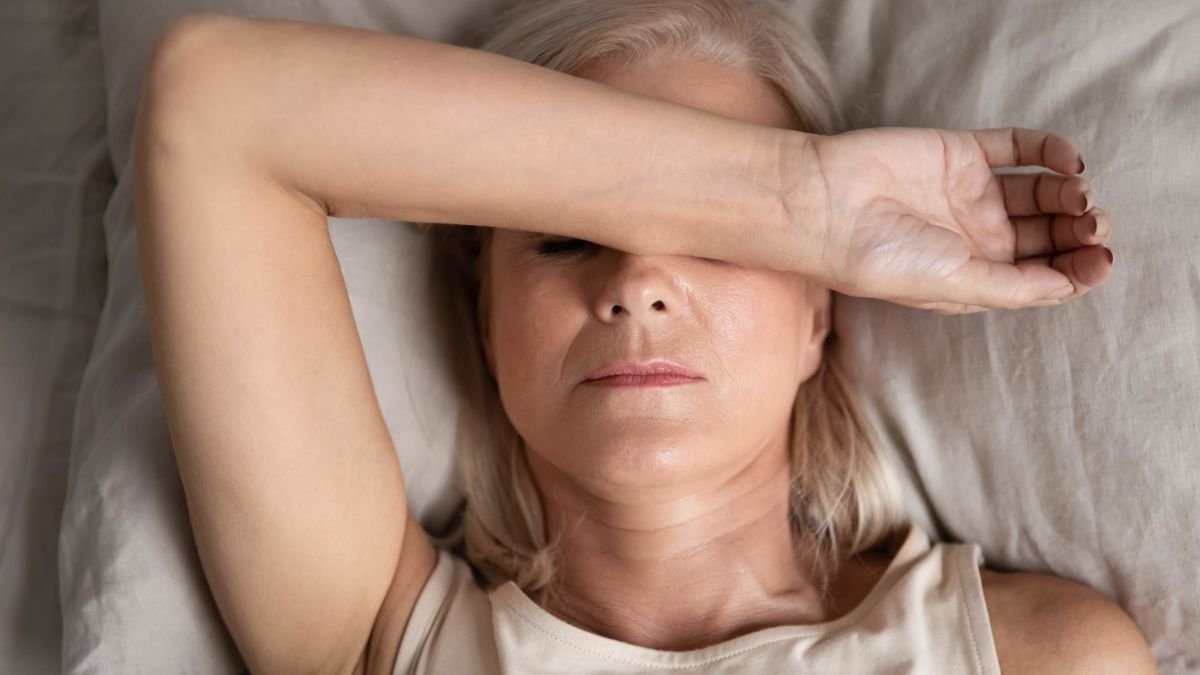Menopause affects half of the population yet is largely still a taboo topic. Here at Seaview Health Group, we are passionate about supporting women across all stages of life and promoting the benefits of exercise in improving the wellbeing and overall health of menopausal women.
Menopause in a nutshell
Perimenopause describes the time when your body is nearing the end of its reproductive years and menstruation becomes irregular and starts to cease. This phase occurs at different ages for different women with most experiencing it in their early 40’s. Once you have gone through a year without menstruation, you’ve fully transitioned to Menopause. Most women will reach this phase between ages 45 and 55. During this time, the balance of hormones (including oestrogen, progesterone and testosterone) changes dramatically resulting in a wide range of physical and psychological symptoms.
Benefits of exercise for Menopause
Weight management is a primary concern for most menopausal women but it’s not only the number on the scales to take into consideration. Lower oestrogen levels can result in visceral fat building up around the arteries and organs in the abdomen.
Excess visceral fat is linked to:
Increased risk of heart disease
Type 2 diabetes and insulin resistance
Breast cancer
Dementia
Regular physical activity has been shown to be effective in reducing visceral fat and lowering the overall risk of these conditions. It’s important to note that exercise alone will not give you the best outcomes, it needs to be combined with appropriate nutrition and medical management options where necessary.
Although aerobic exercise is an important component to address these conditions, we can’t overlook the importance of strength training. If you are only completing long cardio sessions or HIIT classes, you could indirectly be losing muscle mass instead of fat. Including strength training as part of your exercise routine will be crucial in building lean muscle mass. Research shows that muscle burns more calories than fat at rest, which reinforces that strength training will contribute to overall weight management. We also know that strength training is essential for reducing the risk of osteoporosis and you can check out our previous blog post on building strong bones here: https://www.seaviewhealthgroup.com.au/blog/osteoporosis-how-can-exercise-help-to-build-strong-bones
Lastly, exercises can improve your mental wellbeing when your body is undergoing such a big transition. When you engage in exercise, your body and brain produce hormones and neurotransmitters that have a positive impact on mood, energy levels, and reduces feelings of anxiety and stress. It has been hypothesized that reduced endorphins in the brain may provoke hot flushes and therefore regular physical exercise may assist in decreasing the frequency and severity of hot flushes.
So ladies, this is your reminder to schedule that walk with a friend, dig out that pair of dumbbells that are hiding in the garage or sign up to that new gym that’s opened down the street. Now is the time to start prioritising your physical and mental health to not only survive but thrive through Menopause.
If you would like further guidance on how to exercise your way through Menopause, call us on (03) 9589 7815 to book a consult with our Bayside Exercise Physiologist.

